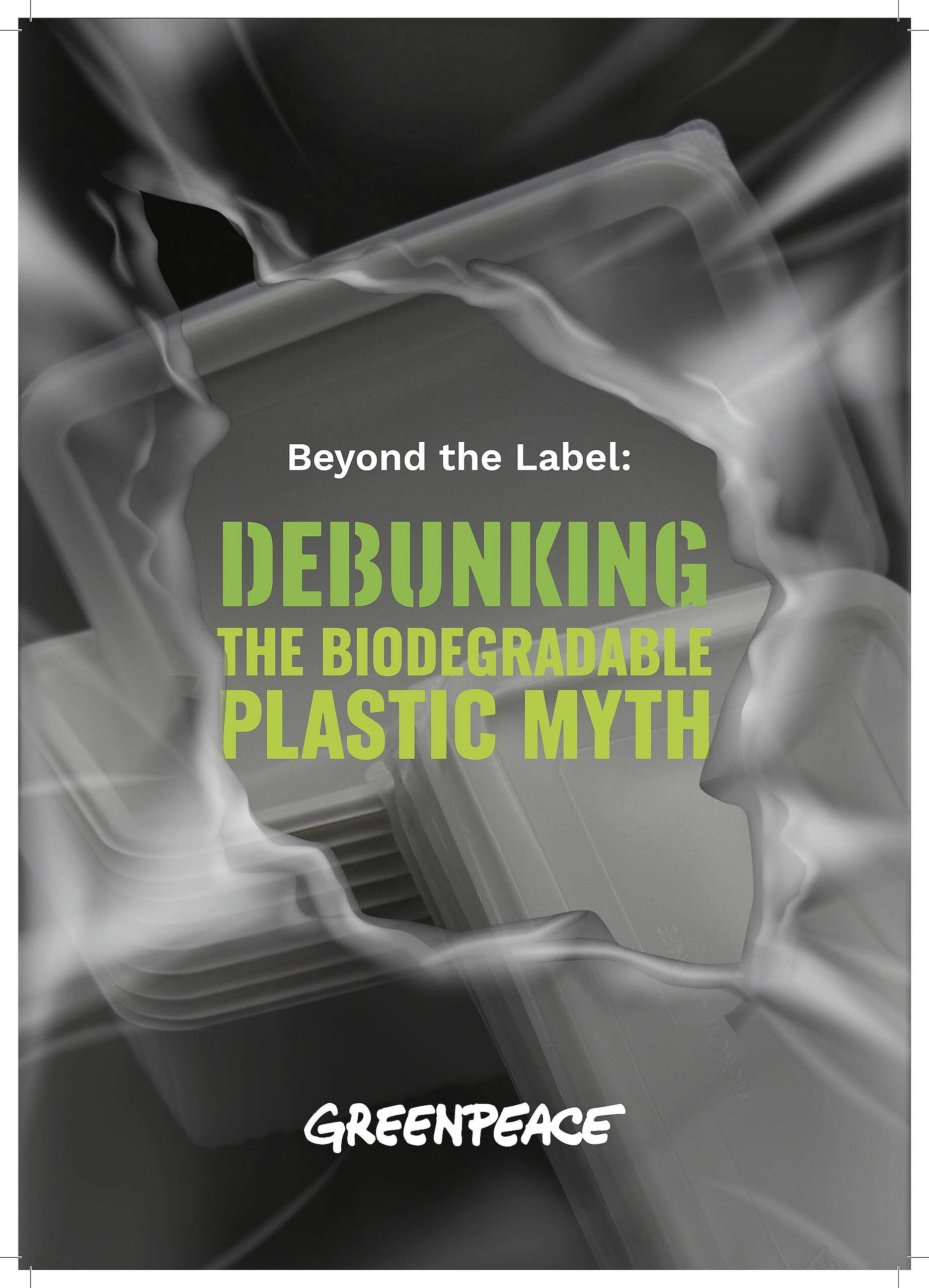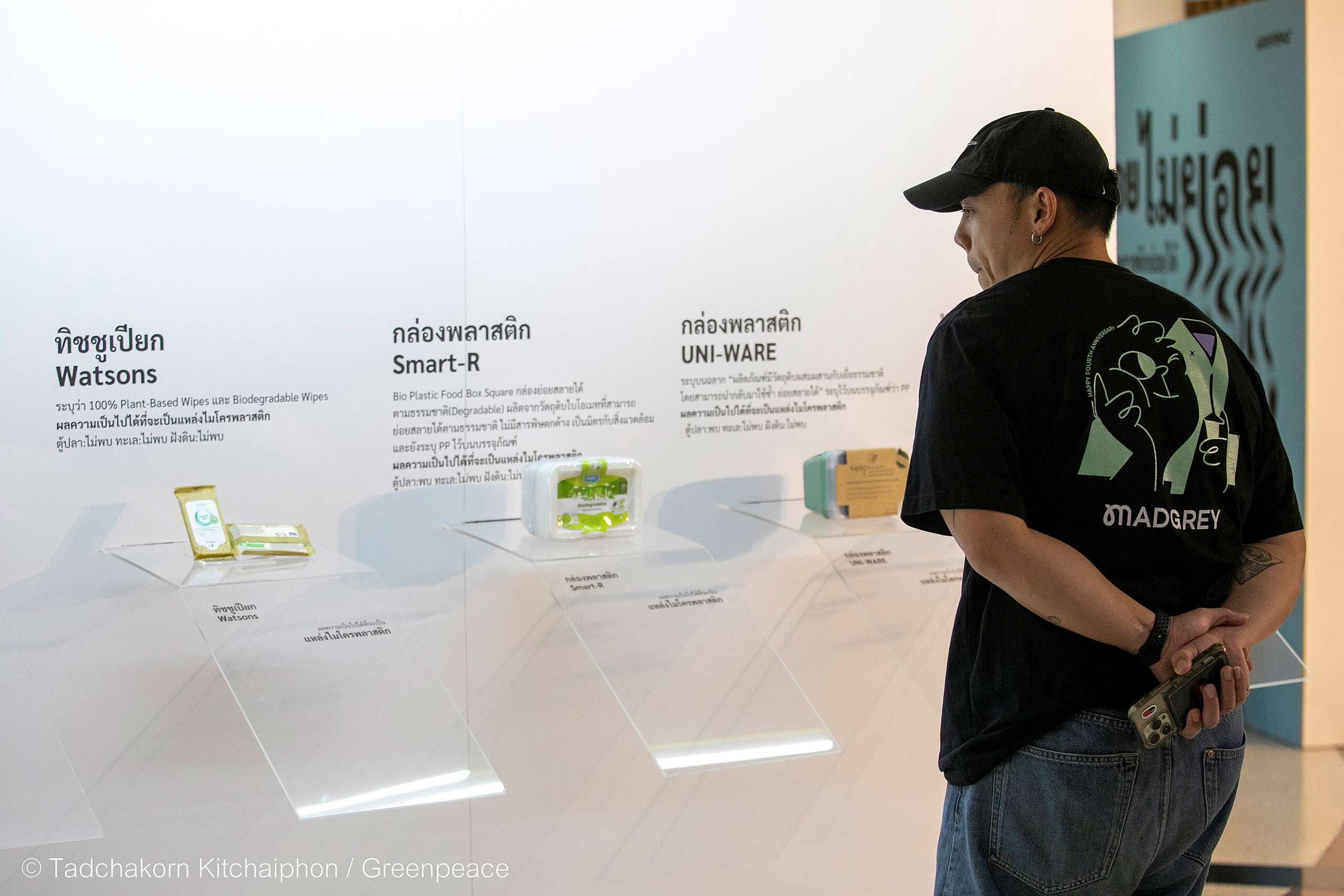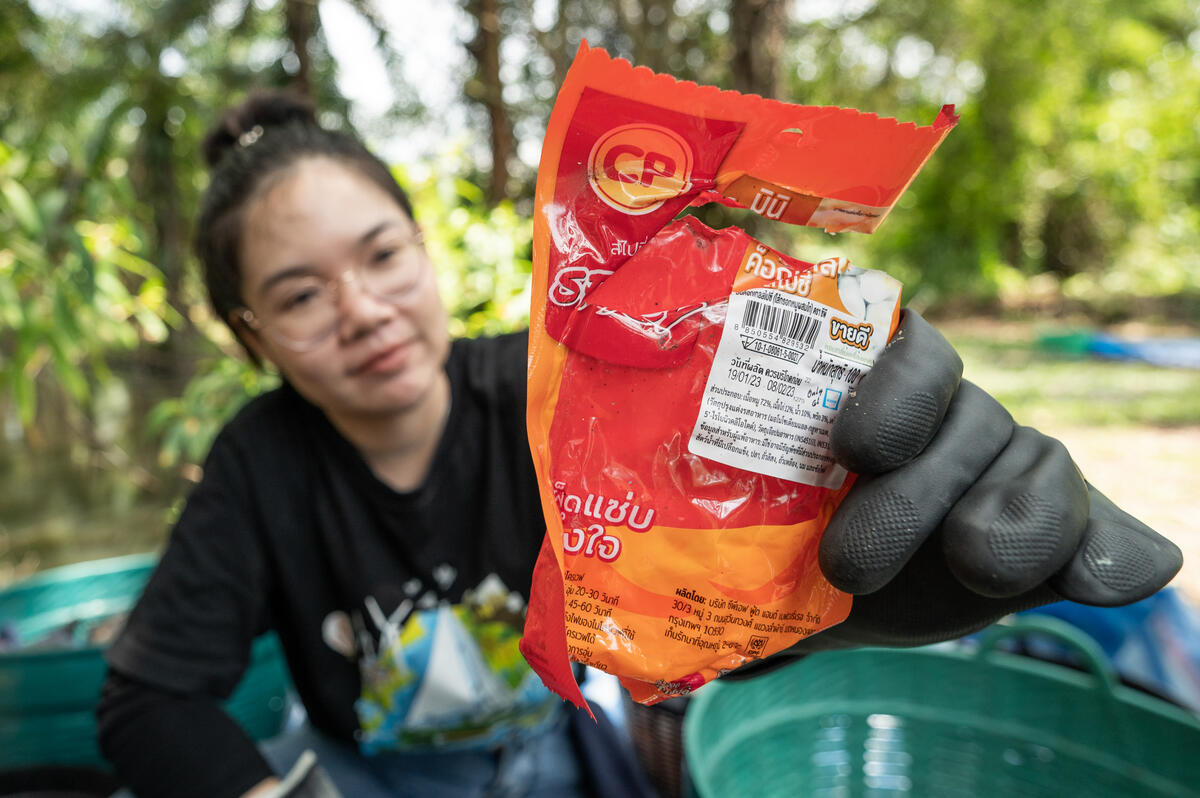
The fashion industry stands as a paradox, ironically dressing consumers in stylish outfits while stripping the Earth and its people of resources and dignity. Fast fashion—the rapid production of inexpensive, disposable clothing—has led us to a destructive path.
Fast fashion, the darling of the high street, is turning out to be a faux pas. While it democratizes fashion, it also weaves a problem that is comparable to oil and gas in terms of global pollution: the waste that it generates. As brands race to sell countless clothes in the name of business, production and disposal are pushed to an alarming rate. The environmental cost becomes undeniable when garments become as disposable as yesterday’s news.
It’s not just a matter of cluttered closets; it’s an environmental crisis. A staggering 92 million tonnes of discarded garments find their way into landfills, out of the 100 billion produced every year. These synthetic, plastic-based materials – taking centuries to decompose – release microplastics in the form of microfibers into the environment, further exacerbating our plastic pollution crisis. In the Philippines, a recent study revealed the presence of microplastics in Metro Manila air. “Fibrous microplastic” dominated the samples, most of which were polyester that usually comes from clothes.
The microplastics choking our planet is just a fabric in the tapestry of the fashion industry’s environmental offenses. Aside from its addiction to plastic, fast fashion relies heavily on fossil fuels for the production of synthetic fibers such as polyester, nylon, and acrylic, amounting to around 342 million barrels of petroleum. Driven by its relentless pace, the fashion industry and its supply chain was identified as one of the world’s largest polluters by the World Economic Forum in 2021, releasing around 10% of greenhouse gas emissions globally, which further worsens climate change.
But it’s not just the environment that suffers; fast fashion also has a profound human cost. The ethical issues surrounding the industry, from exploitative labor practices to poor working conditions, are a stain on its fabric. Workers in developing countries are often subjected to substandard wages and unsafe environments, all in the name of keeping clothing prices irresistibly low. If anything, the Rana Plaza tragedy from 10 years ago should have served as a wake up call for fashion brands. It was one of the worst industrial incidents in the fashion industry that claimed the lives of more than 1,000 people, including garment workers.

How can we fashion a better future then? This month, we’re celebrating Secondhand September. This occasion serves as a reminder that our wardrobe choices matter. We can choose to support sustainable brands and invest in timeless pieces that stand the test of time. Thrifting, upcycling, and swapping clothes with friends are all ways to reduce our fashion footprint, which not only benefit the planet but also our pockets and our character. Slow trumps fast – more consumers are realizing this, hence the growing demand for “elevated basics” and high quality, sustainable clothing in classic designs.
But individual actions alone won’t be enough to address this global crisis. Corporations must do their part. They must be the trendsetters in this sustainable revolution. Secondhand September is a call to action for corporations to rethink their operations, shifting from a focus on endless growth and disposability to one centered on sustainability and ethics. Rather than being driven by profits, they should embrace the values of Secondhand September and redesign the way they do their business – prioritizing eco-friendly practices, transitioning to slow, circular models, and ensuring transparent and ethical production.
Imagine a future where fashion brands lead the way in reducing their environmental impacts free from any forms of greenwashing, where every piece is made from toxic-free, sustainable materials, where clothing is designed for longevity and reusability, where every purchase comes with the assurance of fair labor practices, where slow fashion is the norm amidst a fast-paced world, where fast fashion and its destructive impacts are out of fashion.
Secondhand September is a movement that challenges us, especially corporations, to reimagine our relationship with clothing and the world. Let’s urge businesses to recognize that sustainability is more than a brand tagline; it is the thread that will help weave a safer future. Besides, fashion is not just about looking good. It must make everyone feel good – the planet, the people, and the millions of laborers who work in the shadows of the fashion industry.
Eunille Santos is a Digital Campaigner at Greenpeace Philippines.
A creative at heart, he aims to shed light on solutions like reuse, refill, and repair that close the loop and help address environmental problems.



